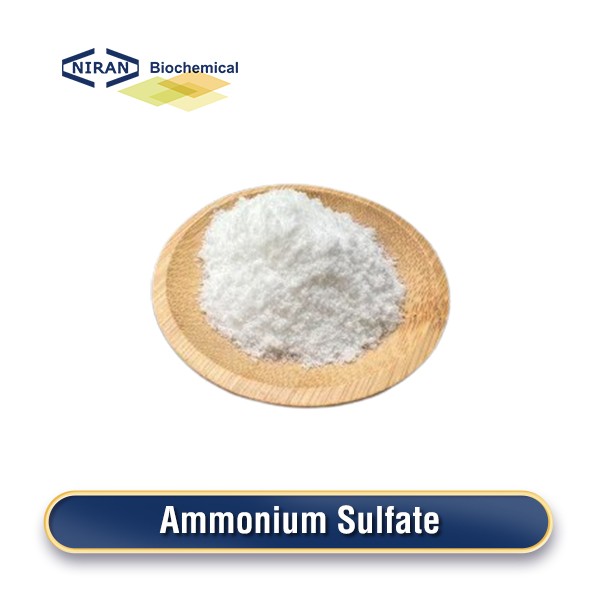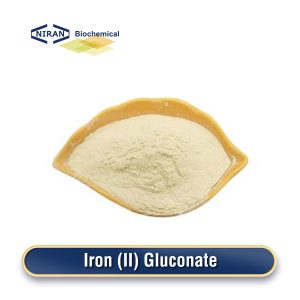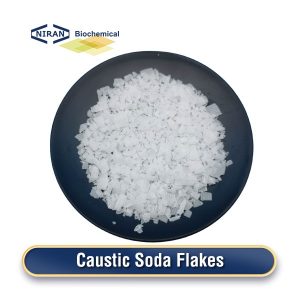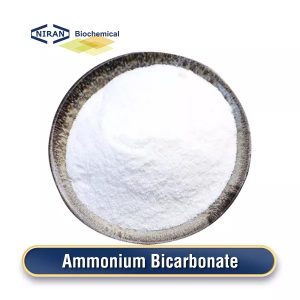Ammonium Sulfate
- CAS Number: 7783-20-2
- Chemical Formula: (NH4)2SO4
- MOQ: 1000KG
- Shelf Life: 2 years
- Forms: Powder
- Synonyms: Diammonium sulfate, Sulfate of ammonia
Product Description
What Is Ammonium Sulfate?
A common inorganic salt used as a food additive and a nitrogen fertilizer in agriculture, ammonium sulfate has the chemical formula (NH4)2SO4. The material is crystalline and white, and it dissolves readily in water.
Industrially, ammonium sulfate is produced by reacting ammonia gas with sulfuric acid in a neutralization process. Alternatively, it can be obtained as a by-product of industrial processes such as caprolactam production. This compound is prized for its ability to boost soil fertility and encourage plant growth by delivering essential nitrogen and sulfur nutrients. It is also used in pharmaceuticals, water treatment, and other applications.
Related Parameters:
| Items | Standards |
| Content( (NH4)2SO4), w/% | 99.0-100.5 |
| Residue on Ignition (Sulfated Ash), w/% ≤ | 0.25 |
| Arsenic (As) ,mg/kg ≤ | 3 |
| Se , mg/kg ≤ | 30 |
| Pb , mg/kg ≤ | 3 |
Recommended Dosage of Ammonium Sulfate:
| Applications | Dosage |
| Agriculture (Fertilizer) | 10%-30% |
| Chemical Manufacturing | 2%-10% |
| Water Treatment | 1%-3% |
| Food Industry (Additive) | 0.5%-1% |
| Laboratory Applications | <1% |
Ammonium Sulfate Has Wide Range of Uses:
Ammonium Sulfate is primarily used in agriculture as a nitrogen and sulfur-based fertilizer, promoting plant growth and improving soil fertility.
It is also utilized in the chemical industry for the production of various chemicals and in water treatment processes to remove impurities.
In food production, it serves as a food additive and in laboratory settings, it is employed in protein precipitation.
Additionally, Ammonium Sulfate is used in industrial applications such as in the manufacturing of fire extinguishers and in other specialized chemical processes.
User Asked Question:
Q: How should Ammonium Sulfate be handled safely?
A: Ammonium sulfate must be handled carefully to avoid contact with the skin, eyes, or lungs.
It is imperative that protective gear, including gloves, goggles, and suitable clothing, be utilized when handling Ammonium Sulfate. To reduce dust exposure, ensure the workspace is adequately ventilated. If the substance comes into contact with skin or eyes, rinse immediately with water and seek medical attention if necessary. Store the material in a cool, dry environment, away from incompatible substances, and adhere to local safety regulations and guidelines.




